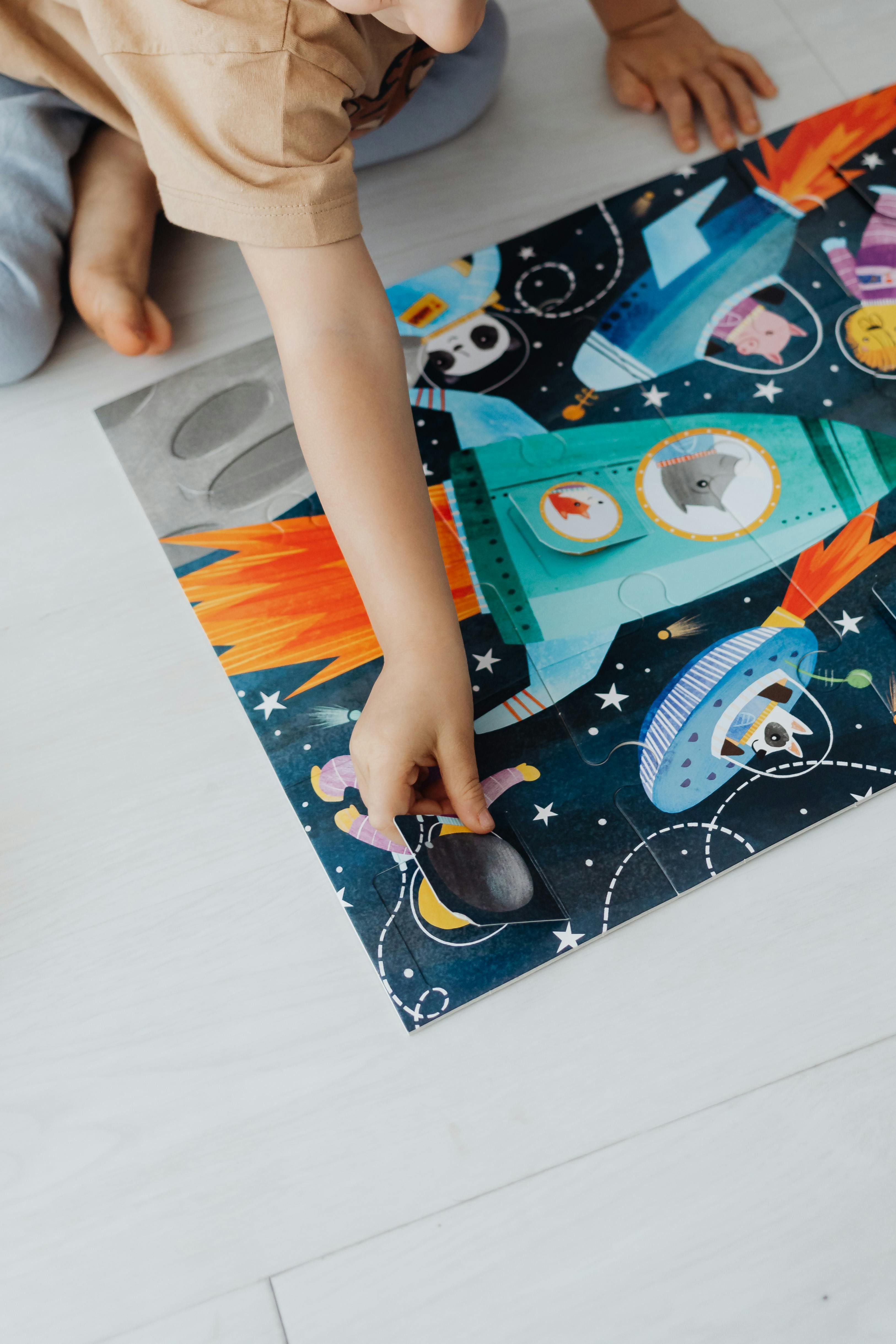Solidifying Menstrual Products: Innovative Solutions for Menstrual Management
Today's menstrual hygiene products might undergo a significant transformation, thanks to a groundbreaking invention by researchers at Virginia Polytechnic Institute and State University. These scientists have developed innovative pads and cups that harden menstrual blood rather than just absorbing or containing it. The goal is to reduce leaks and spills, while also promoting eco-friendliness, according to the team.
Bryan Hsu, head of the research lab, and his team primarily study the gut microbiome and bacteriophages (bacteria-devouring viruses), but they also have an interest in biomaterials—substances that interact safely with our bodies, either supporting, replacing, or even improving a biological function. Hsu sought a project that received relatively little attention elsewhere, eventually settling on menstruation.
"Existing menstrual care products have been based on the same principles for a long time: either retention or absorption," Hsu shared with Gizmodo via email. "With so much advancement in other health areas, I was surprised to learn that there was comparatively little advancement in menstrual care."
Typical absorption methods may work well for most situations, but heavy flows can overwhelm a pad or cup, leading to leaks. Hsu hypothesized that solidifying the blood itself might prevent spills.
"In my uneducated male mind, I pictured myself carrying a full cup of water in the middle of the night. I'd definitely spill it on the way back to bed. But I doubt I'd spill a full cup of sand, honey, or jello," he explained. "So we aimed to create a product that gels blood, making it easier to manage without spilling."
The team ultimately used a seaweed-derived polymer (alginate) and glycerol, a naturally occurring alcohol, to solidify the blood. In experiments simulating menstruation using real blood, the addition of the powder reduced leakage from a pad and significantly lessened spillage from a cup when compared to typical counterparts. These materials are biodegradable and already commonly added to other products, like food. If this technology can make reusable cups more popular, it could help cut down the waste produced by disposable tampons and pads.
This isn't the first time researchers have attempted to revolutionize menstrual care, but not all attempts have gone smoothly. The introduction of super-absorbent tampons in the 1980s unintentionally sparked toxic shock syndrome outbreaks, a potentially lethal condition caused by bacterial toxins. Fortunately, the quick recall of these products and improved tampon advice helped quell the fear of toxic shock.
Though rare, menstrual-related toxic shock can still occur in those using cups and pads. Since alginate can serve as food for certain bacteria, Hsu's team sought to lower the risk of toxic shock proactively. They added a positively charged polysaccharide to their formulation, which entwines within the material and minimizes leaching, without negatively impacting the gelling function when mixed with blood. The team's findings were recently published in the journal Matter.
While the product is still a long way from being sold in local pharmacies, the team must demonstrate that it meets the safety standards of other FDA-approved menstrual products. They also need to scale up production while keeping costs reasonable. However, the team is optimistic about developing their technology commercially and already envisions additional applications in women's health.
"We're working on a tampon-style formulation and exploring other uses in women's health that we believe could significantly improve quality of life," Hsu shared.
- Hsu's research team, while primarily focusing on the gut microbiome and bacteria-devouring viruses, also have an interest in biomaterials that interact safely with our bodies.
- The team's innovative pads and cups, developed to reduce leaks and spills during menstruation, harden menstrual blood rather than just absorbing or containing it.
- In the future, if the technology can make reusable cups more popular, it could help cut down the waste produced by disposable tampons and pads.
- The team added a positively charged polysaccharide to their formulation to lower the risk of menstrual-related toxic shock and minimize leaching, without negatively impacting the gelling function when mixed with blood.








